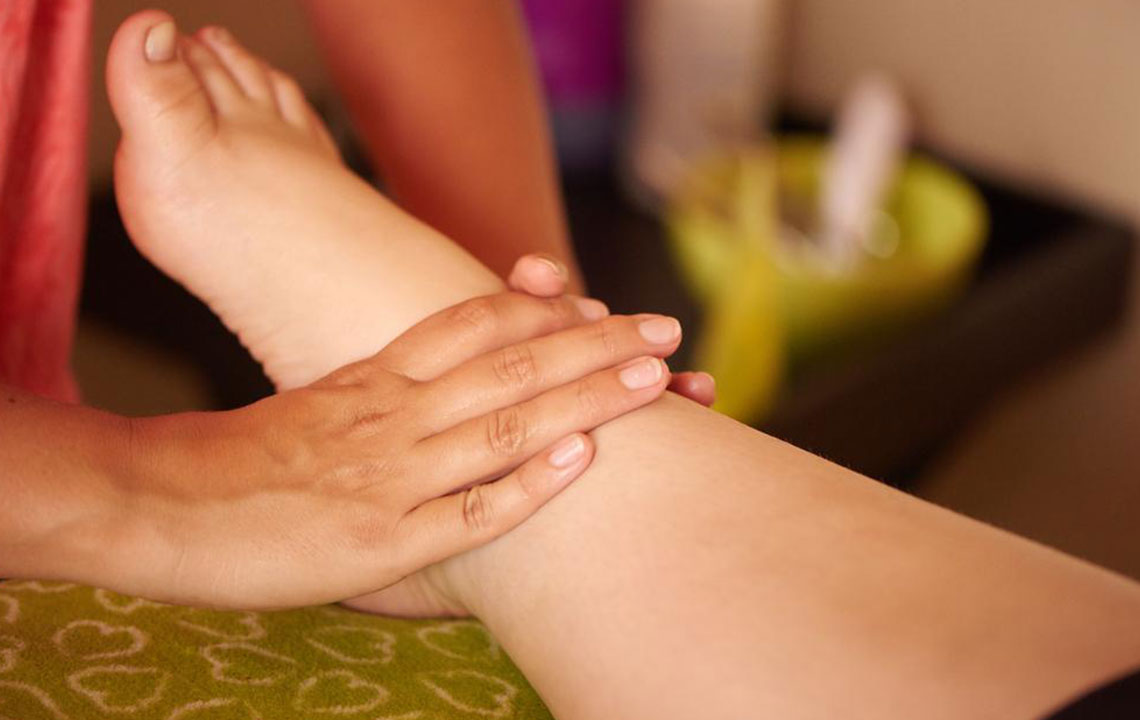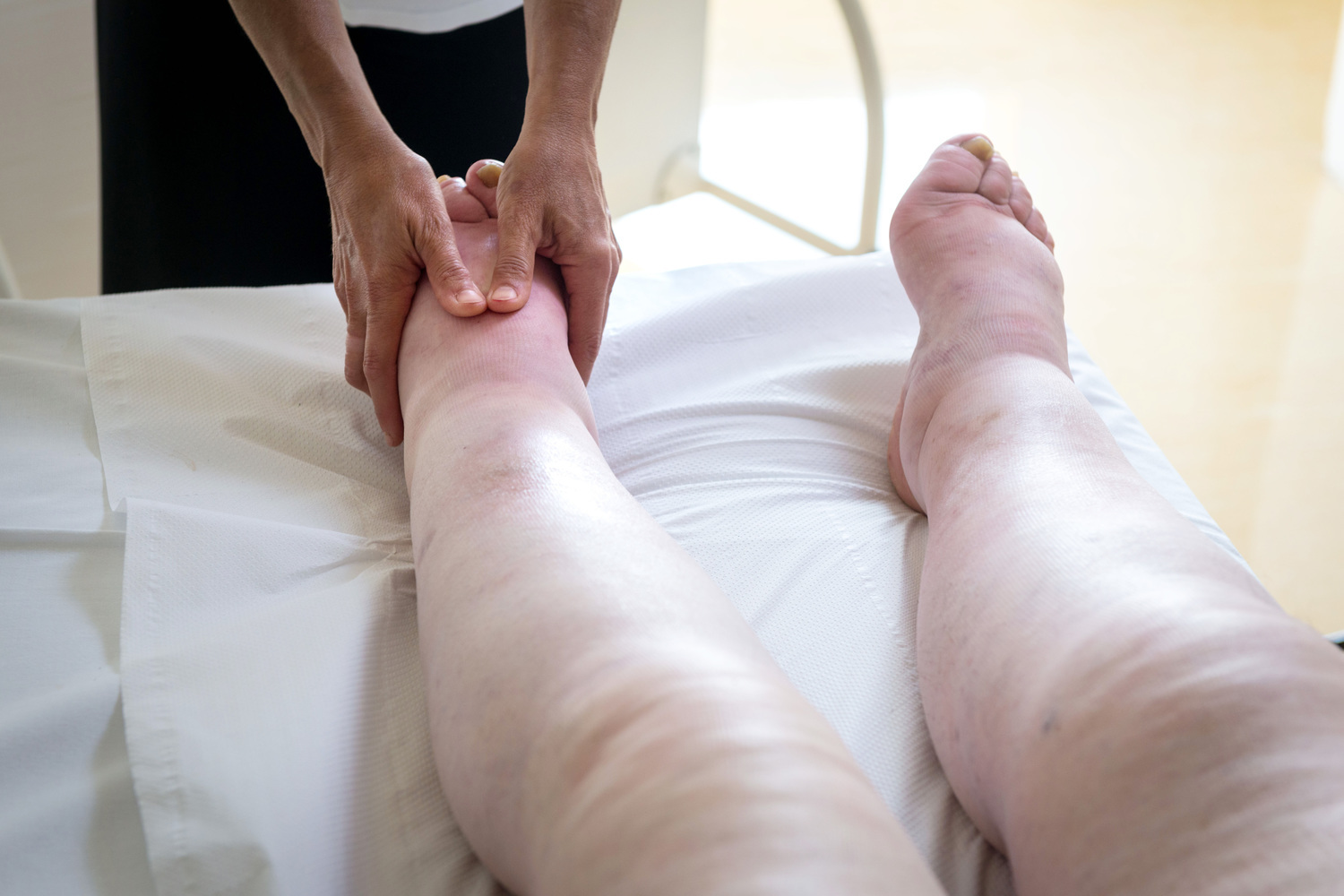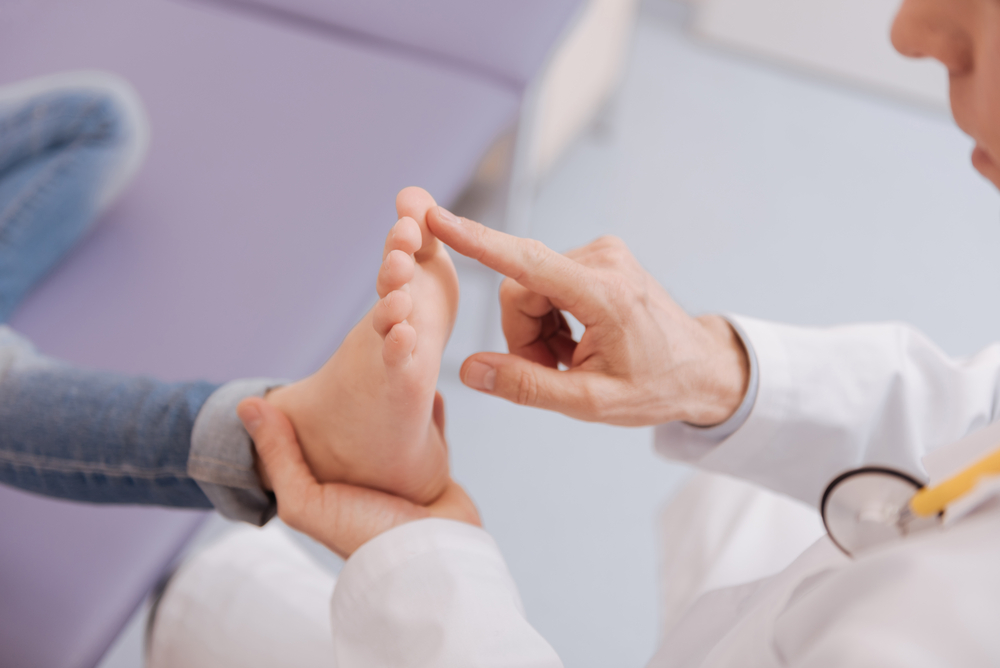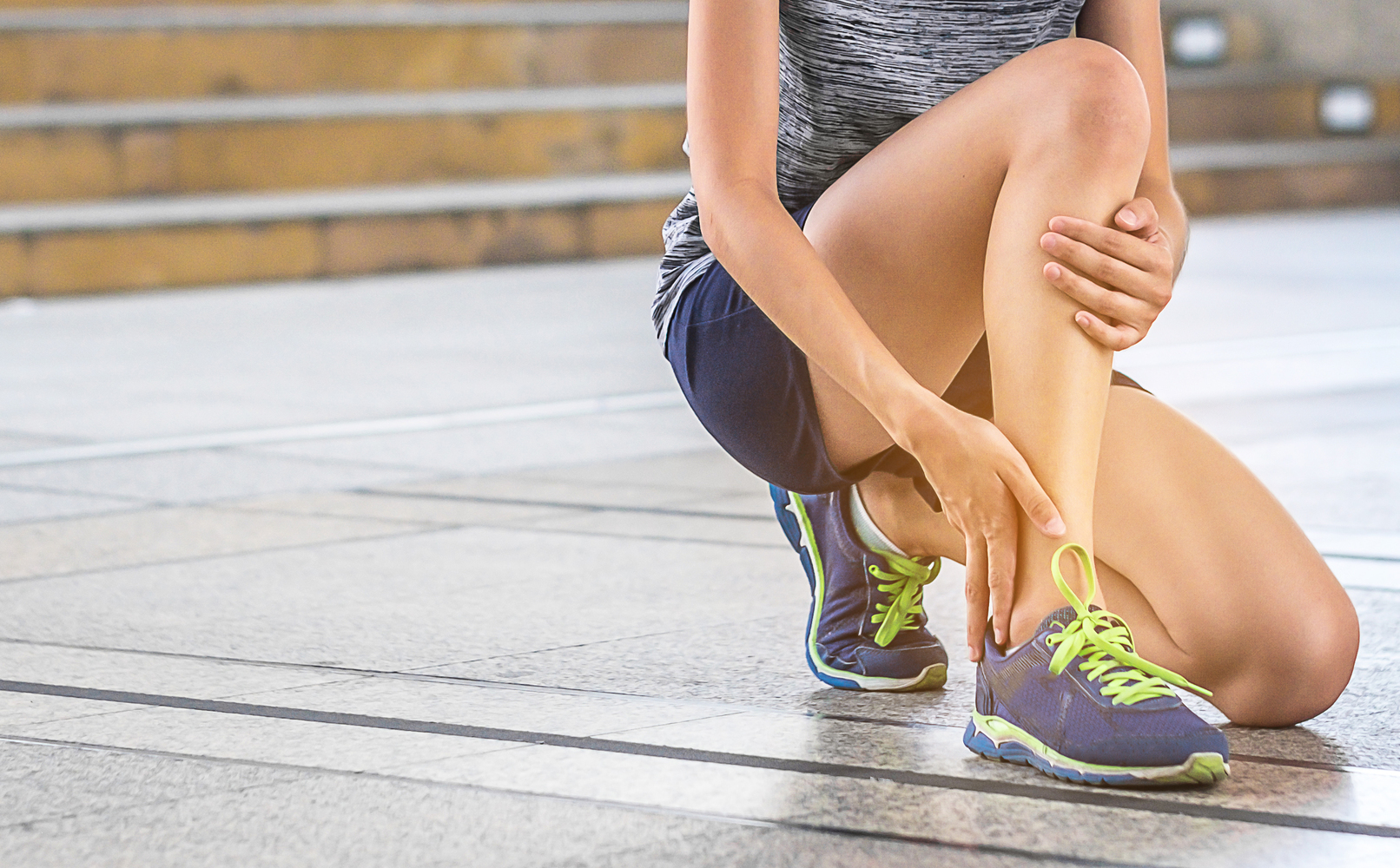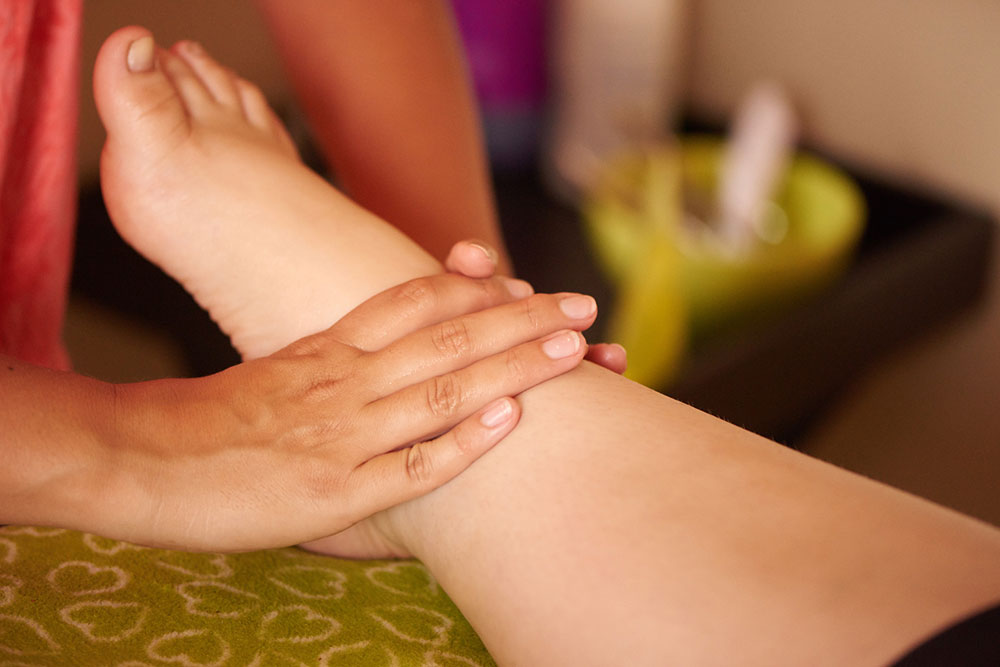Understanding and Managing Swollen Feet: Causes and Remedies
Swollen feet and ankles are common, often caused by factors like obesity, prolonged inactivity, or pregnancy. Home remedies such as elevation, hydration, and compression can help reduce swelling. Knowing when to seek medical help is crucial, especially if accompanied by other symptoms. Maintaining a healthy lifestyle and taking preventive measures can effectively manage this condition and improve comfort.
Sponsored
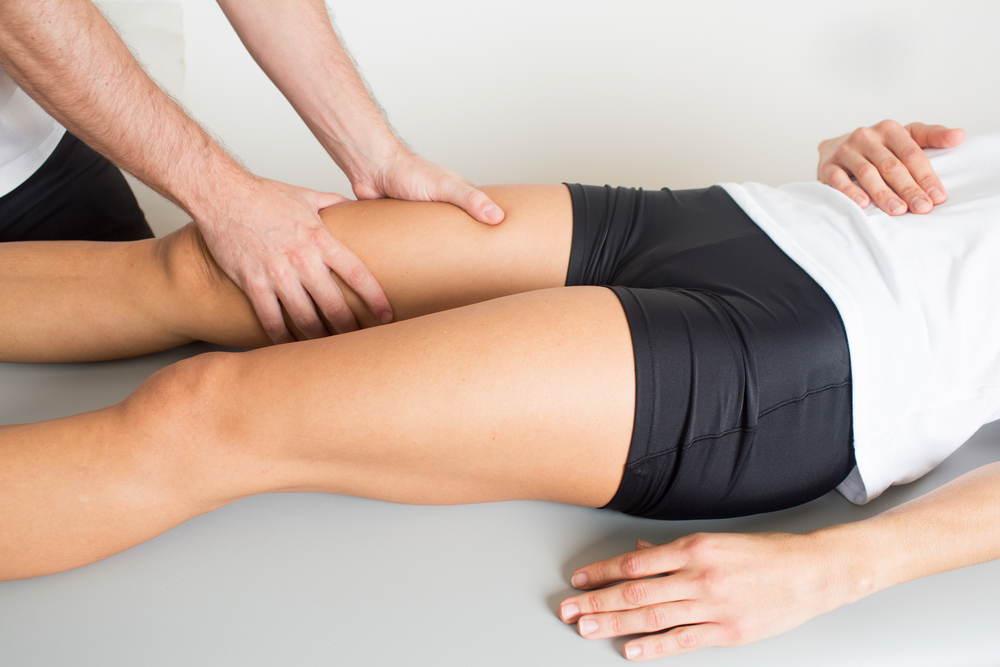
Swelling in the feet and ankles is a common issue caused by gravity affecting body fluids. This condition, known as peripheral edema, usually doesn't cause pain unless there's an injury, which may be painful depending on severity. It frequently affects seniors and can involve one or both legs. Many home remedies can reduce swelling without needing medical intervention unless pain or other symptoms are present.
Here’s vital information about causes, treatments, and when to seek medical help for swollen feet.
Main causes of swollen feet include:
Obesity reduces circulation, leading to fluid buildup in the lower limbs.
Extended periods of standing or sitting cause muscles to remain inactive, resulting in swelling.
Pregnancy often causes swelling due to increased fluid retention.
Blood clots in the legs can lead to swelling of the feet and legs.
Kidney failure contributes to fluid accumulation in the extremities.
Hormonal fluctuations during pregnancy or with medications like birth control pills can impair circulation, causing swelling.
Liver problems can also lead to edema in the lower limbs.
Infections in the leg or foot can cause localized swelling.
When should you consult a healthcare professional?
If swelling occurs alongside chest pain, dizziness, confusion, or breathing difficulties.
If there is unusual appearance or pain in your feet or ankles accompanying swelling.
During pregnancy, if swelling is combined with nausea or dizziness.
If swelling is paired with fever.
Self-care tips to reduce swollen feet:
Elevate your legs above heart level using pillows or cushions when resting.
Avoid prolonged inactivity; stand or walk every couple of hours.
Limit salt intake to prevent fluid retention.
Wear loose, comfortable clothing around the legs.
Maintain a healthy weight to reduce pressure on lower limbs.
Managing swollen feet during pregnancy:
Elevate your feet whenever possible.
Choose supportive and comfortable footwear.
Avoid standing for long periods.
Stay well-hydrated to help reduce fluid buildup.
Use compression socks or stockings to alleviate discomfort and swelling.


